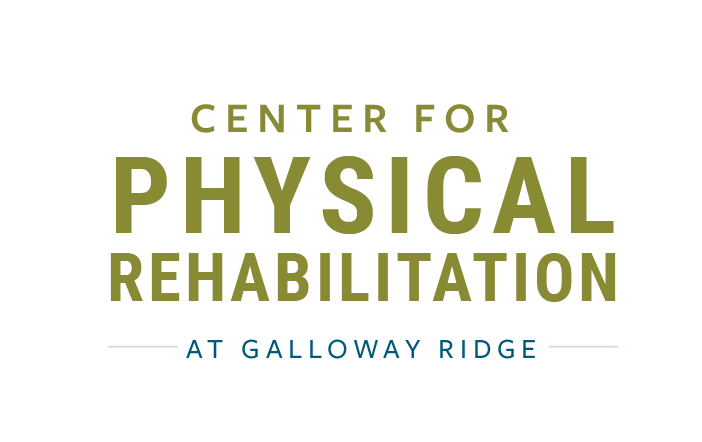Communication is a fundamental aspect of human interaction, enabling us to connect, express our thoughts and emotions, and build relationships. However, for some individuals, the ability to communicate effectively may be impaired due to various reasons, such as speech disorders, language delays, or neurological conditions. This is where speech therapy comes into play, offering hope and transformation.
In this blog, we will delve into the world of speech therapy, exploring how it works, when it is needed, its numerous benefits, and how it impacts cognition.
How Speech Therapy Works
Speech therapy is a specialized field of therapy that focuses on diagnosing and treating speech and language disorders. Speech therapists, also known as speech-language pathologists (SLPs), are highly trained professionals who work with individuals of all ages to improve their communication abilities.
Speech therapy techniques and practices vary with each patient. But here is an overview of how the treatment works:
Assessment
The first step in speech therapy is a thorough assessment. The SLP evaluates the individual’s speech and language skills to identify any speech deficits or disorders. This assessment may include standardized tests, informal observations, and interviews with the individual and their family.
Setting Goals
Based on the assessment, the SLP sets specific, individualized goals for therapy. These goals target the areas of communication that need improvement, whether it’s articulation, language development, voice quality, fluency, or social communication skills.
Therapeutic Techniques
Speech therapists use a variety of techniques and exercises tailored to the individual’s needs. These may include articulation drills, language games, voice exercises, and social communication training. Therapy sessions are typically interactive and engaging, especially for children, to keep them motivated.
Progress Monitoring
Throughout the therapy process, the SLP continually assesses the individual’s progress. Adjustments to the therapy plan are made as needed to ensure maximum improvement.
Home Exercises
In many cases, individuals are given exercises to practice at home between therapy sessions. This helps reinforce the skills learned during therapy and accelerates progress.
Speech Devices
In some instances, speech-generating devices or augmentative and alternative communication (AAC) systems may be recommended to assist individuals with severe communication impairments.
When is Speech Therapy Needed?
Speech therapy can be beneficial for a wide range of individuals and conditions. It may be recommended for children and adults and can treat a variety of disorders, speech difficulties, and more.
Children have speech or language delays
Many children go through phases of speech and language development, but some may experience delays that require intervention. Early intervention can be crucial in ensuring that children develop strong communication skills.
Children and adults have speech disorders
Speech disorders like articulation disorders (difficulty pronouncing sounds), fluency disorders (stuttering), and voice disorders can significantly impact an individual’s ability to communicate effectively.
Individuals have language disorders
Language disorders can affect a person’s ability to understand or express themselves through spoken or written language. This includes conditions like aphasia, which can result from a stroke or brain injury.
People have difficulty with social communication
Some individuals struggle with the social aspects of communication, making it challenging to engage in conversations, interpret nonverbal cues, or maintain appropriate eye contact. This is often seen in conditions like autism spectrum disorder.
Voice-related issues
People with voice disorders may experience hoarseness, voice fatigue, or other problems that affect the quality of their voice. Speech therapy can help improve voice quality and reduce discomfort.
What Are The Benefits?
Speech therapy offers a myriad of benefits that can have life-changing effects. After regular treatments, these are some of the benefits and changes individuals experience.
Improved Communication
The most obvious benefit is improved communication skills. Whether it’s helping a child say their first words or assisting an adult recovering from a stroke, speech therapy enables individuals to express themselves more clearly and confidently.
Enhanced Quality of Life
Effective communication is essential for daily living, from participating in conversations to succeeding in school or the workplace. Speech therapy can enhance an individual’s quality of life by opening up opportunities for social and academic success.
Boosted Confidence
As communication skills improve, so does an individual’s confidence. This newfound confidence can have a ripple effect on various aspects of life, from building relationships to pursuing personal and professional goals.
Cognitive Benefits
Speech therapy can also have a positive impact on cognition. The process of learning and practicing new communication skills can stimulate cognitive functions such as memory, problem-solving, and critical thinking.
How Speech Therapy Affects Brain Cognition
The relationship between speech therapy and cognition is a fascinating one. While speech therapy primarily focuses on improving communication skills, its impact extends to cognitive functions. Here are the many ways.
Enhanced Memory
Learning and practicing new words, phrases, and language rules in speech therapy can enhance memory. This is especially important for individuals with language disorders or cognitive impairments.
Problem-Solving Skills
Speech therapy often involves problem-solving exercises, such as finding alternative ways to express oneself when facing communication challenges. This can improve an individual’s overall problem-solving abilities.
Increased Attention
Effective communication requires focus and attention. Through therapy, individuals learn to pay closer attention to the details of language, which can carry over into other aspects of life.
Confidence and Self-Esteem
As mentioned earlier, improved communication skills lead to increased confidence and self-esteem. These psychological improvements can positively impact cognitive functions.
Schedule Speech Therapy at Galloway Ridge
If you or a loved one is in need of speech therapy services, The Center for Physical Rehabilitation is here to help. Our experienced speech-language pathologists are dedicated to providing personalized care to individuals of all ages. We offer comprehensive assessments, evidence-based therapy techniques, and a supportive environment to help you achieve your communication goals.
Don’t be held back—unlock the power of speech therapy and embark on a journey to clearer, more confident communication. To schedule an appointment or book a consultation, call us at: 919-545-2633.

